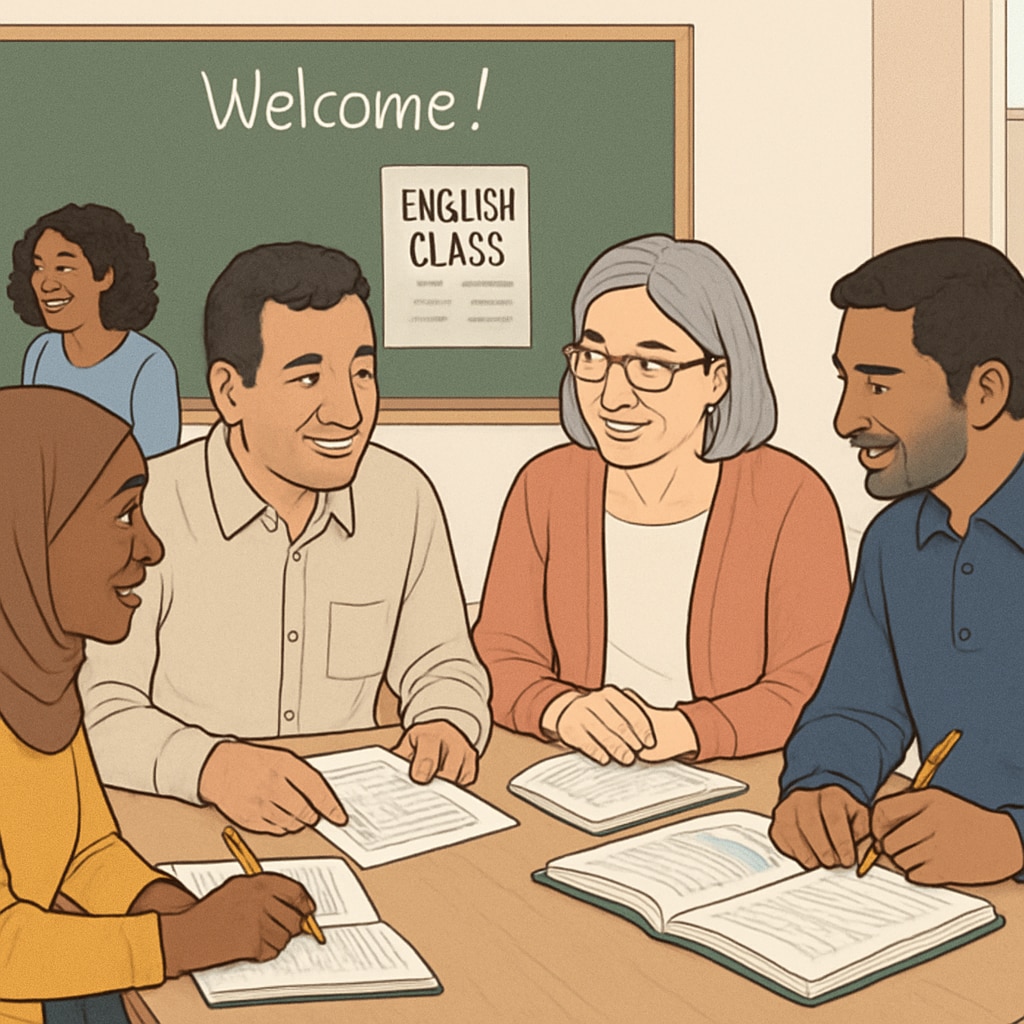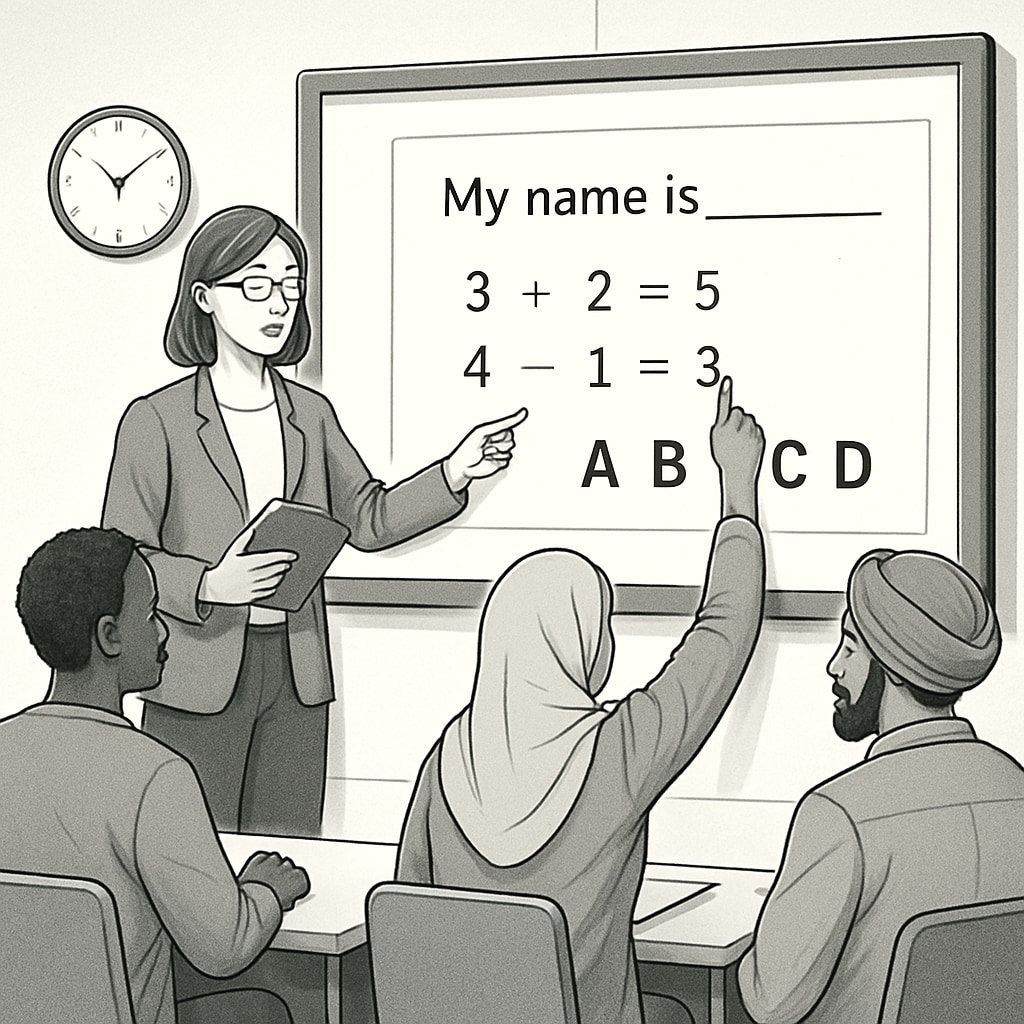For adults moving to Western countries, acquiring foundational knowledge is essential for cultural adaptation and successful integration into society. Adult education programs tailored to their needs can bridge critical knowledge gaps, including basic academic skills and cultural understanding. Addressing these challenges will empower immigrants to thrive in their new environment and strengthen cross-cultural relations.
Why Foundational Knowledge Matters for Adult Immigrants
Immigrants often face significant barriers when adapting to Western culture, from language proficiency and basic academic understanding to grasping societal norms. Foundational knowledge—including subjects like mathematics, science, and social studies—can help adults navigate everyday life more confidently. For example, understanding local currency systems, healthcare procedures, and civic responsibilities are critical for independence.
In addition to academic skills, cultural education is equally important. Immigrants must learn the unspoken rules of social interactions, workplace etiquette, and community engagement. This combination of academic and cultural learning builds a strong framework for integration.

Strategies for Effective Adult Education Programs
Developing successful educational programs for adult immigrants requires a thoughtful approach. Below are key strategies:
- Language Training: Proficiency in the local language is the cornerstone of cultural adaptation. Classes should focus on practical communication skills for daily interactions.
- Cultural Workshops: Programs that explore cultural norms and values can reduce misunderstandings and promote acceptance.
- Flexible Scheduling: Many adults have work or family commitments. Offering evening or weekend classes can improve accessibility.
- Technology Integration: Online modules and mobile apps can provide additional learning tools for busy individuals.
- Community Support: Partnering with local organizations and volunteers can create a welcoming environment for learners.
For example, organizations like ESOL (English for Speakers of Other Languages) offer adaptable programs focusing on language and cultural integration, making them a valuable resource for immigrants.

Challenges in Implementing Adult Education Programs
While adult education programs can have transformative effects, several challenges may arise:
- Resource Limitations: Funding and trained instructors are often scarce.
- Cultural Sensitivity: Programs must respect diverse backgrounds while teaching universal concepts.
- Resistance to Change: Some adults may feel intimidated or reluctant to participate in formal education.
To overcome these challenges, governments and community organizations must prioritize investment in adult education initiatives. Collaboration with technology providers and educators can also enhance program effectiveness.
As a result, tailored education programs not only support individual immigrant success but also contribute to societal cohesion and economic growth.
The Long-Term Benefits of Adult Education for Immigrants
Investing in adult education has long-term benefits beyond immediate cultural adaptation. Immigrants who acquire foundational knowledge are better equipped to contribute to their communities and pursue advanced opportunities. They can participate in civic activities, access higher-paying jobs, and foster cross-cultural relationships.
Furthermore, societal attitudes toward immigrants can improve when communities see them actively engaging and succeeding. Education becomes a powerful tool to break down stereotypes and build mutual respect.
In conclusion: Adult education programs addressing foundational knowledge and cultural adaptation are vital for immigrants to succeed in Western societies. By offering accessible and culturally sensitive programs, communities can create an inclusive environment that benefits everyone.


